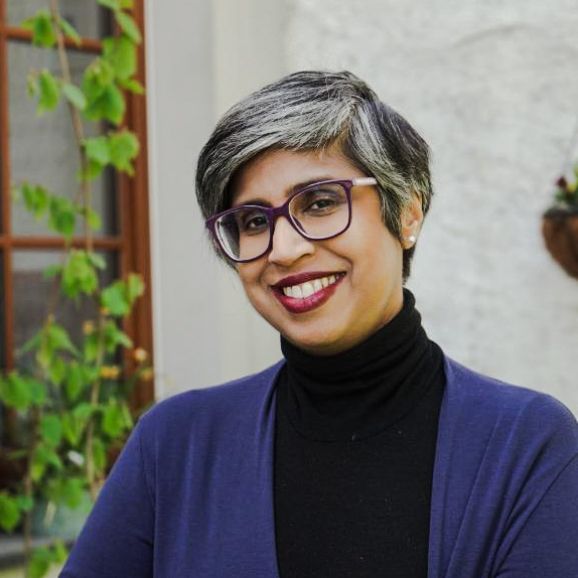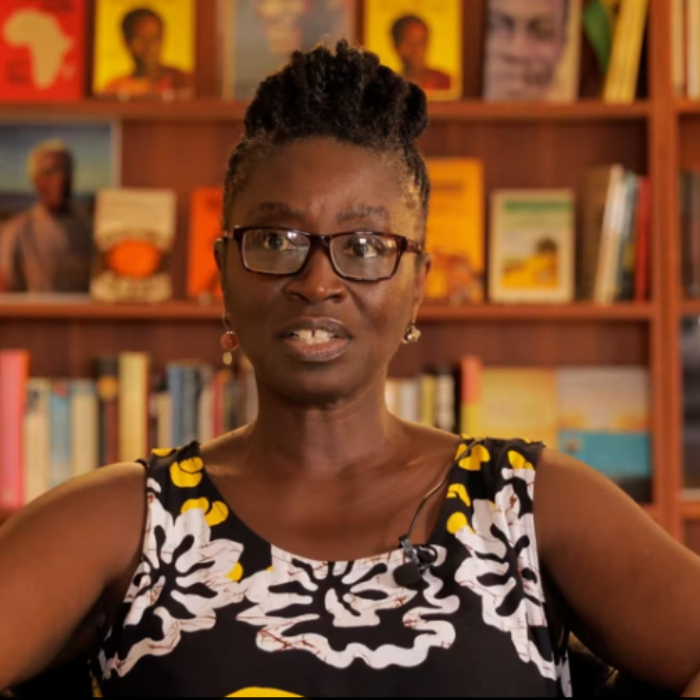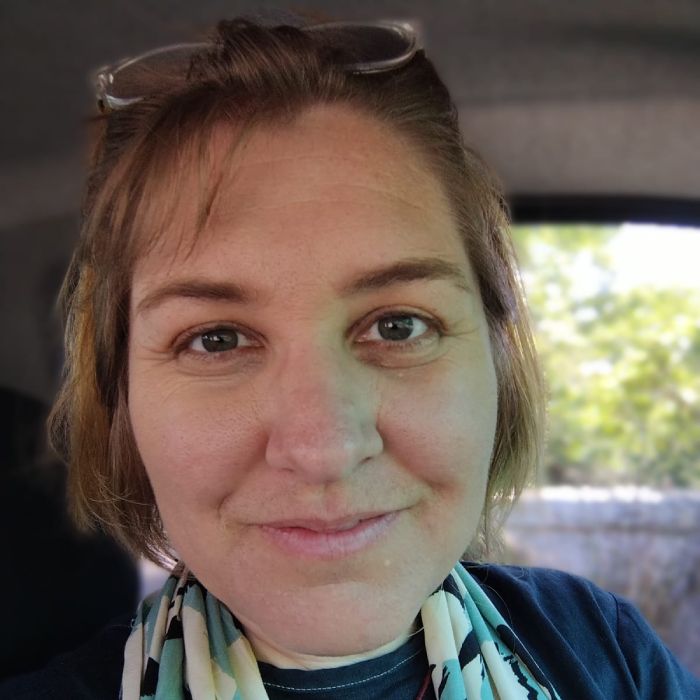About Us
Epifania Amoo-Adare ©
Playing at the intersection of value, voice, & visibility
It all started with an existential puzzle back in 2019, as the COVID pandemic was insidiously unfolding.
Could we as the many knowledge workers in the neoliberal academy (some surviving on fixed term contracts and limited project cycles), possibly think of creating empowering spaces within these institutions, spaces that supported experimental forms of teaching, writing, and disseminating our thinking and practice? In what ways could we hold space for and sustain ways that honoured who we were, and the diverse biographical experiences that we brought? What did it mean, and take, to step out of the confines of the academy, while still retaining the many joys – big and small – that motivated us to choose a life in academia?
Ours was envisioned to support folk who chose to trip down whatever path they chose, whether staying in (academia), diversifying (their options), or fully stepping out…
This is our small hope of a transcontinental, vibrant supportive ecosystem and a community of praxis that we would like to call the Komorebi Collective. Allegorically, we´ve borrowed its namesake from the beautifully lyrical Japanese notion of Komorebi 木漏れ日 (ko-mo-ray-bee), referring to patches of light that filter through the canopies of trees, creating a dappled effect on the ground beneath. We invite you to contemplate on its manifold metaphoric meanings. That dance between shadow and light, as slivers of hope that sustain despite adversity. As an an interplay between dreamworlds of latent potential and the manifest. As trajectories of pathfinding, transformation, and trailblazing. Or simply, as a symbol of respite and rejuvenation, as light finally seeps through and nourishes the undergrowth on which new creative life will eventually sprout.
KOCHA was borne from a sense of shared camaraderie… that stories could be told, knowledge and skills shared, and peer-to-peer support could be called upon from wherever in the world. At the same time, we understand that contexts and perspectives are highly situated and institutionally specific. Besides, as formerly institutionalised academics and mid-career faculty ourselves, we well understand everyday struggles that prevail and emotionally chip into professional lifeworlds – whether it concerns personal challenges for “writing up”, planning and organising daily life, or post-grant project management, to name a few.
While we do not offer psychosocial therapy in the clinical sense, our coaching and co-learning training workshops, hands-on clinics, and discussion circles are informed by a number of methods that have been shaping our own work over the years – interactive theatre-based praxis integrating games and role-play, and a Freirean inspired critical pedagogy and facilitation ethos, among others.
This space also serves as an open access digital resource (alongside a planned podcast), that strives to amplify voices and perspectives from all over the world. Humanizing Academia is a virtual space that values what it means to be both translocal and decentered, with members and contributors who are invited to participate from within and outside of corridors of the academy.
Trainers & Academic Facilitators

Education
- University of Bonn, Ph.D. in Development Anthropology, 2015 (summa cum laude)
- University of Oxford, MSc. Environmental Geography, 2008 (with distinction)
- University of Bamberg, Diploma in Counselling & Community Work, 2006
- National University of Singapore, BA Anthropology, Anglophone Literature, & Theatre Studies, 2004 (second upper)
Dr. Rapti Siriwardane-de Zoysa (Founder) is an anthropologist, writer, and university lecturer attached to the University of Bonn. She brings over 18 years of experience in third party funded research initiatives, both within academia and the third sector spanning the Indo-Malay-Philippines archipelago, the Dutch Caribbean, Germany, Sri Lanka, and the UK. Her research and teaching interests lie at the intersection of oceanic, climate, and urban justice.
As an educator, she´s lectured on qualitative research and diverse field-based methods, led workshops on academic writing, alongside topics in her own disciplinary fields of maritime anthropology and critical development studies at the Universities of Bonn and Bremen (Germany), and Universitas Indonesia (Jakarta). Between 2000 & 2024, she also served as co- principal investigator of two consortium-led transoceanic research projects funded by the German Science Association (DFG) and the US Social Science Research Council (SSRC). Structures and practices integral to the decolonisation of knowledge production, ´field´-based research ethics, and partnership building have been core concerns shaping her project collaborations.
Meanwhile, Rapti identifies more as a writer and public scholar, with a penchant for exploring participatory, multimodal storytelling that engages documentary photography, oral history, folkloric, and counter-mapping approaches. Facilitating workshops on the experimental, playful craft of writing has been a lifelong love, and she strives to impart this joy through immersive modes including autoethnography, and narrative therapy techniques. Alongside essays and journal articles, she´s authored and co-edited three book titles, including the more recent Anthology of Non-Conformism (DIO Press, 2024), co-curated with Dr. Epifania Amoo-Adare.
For more on her scholarly and artistic work, see Tidescapes Collaborative: tidescapes.com
Dr. Epifania-Amoo Adare is a creative, independent scholar and development professional, who is working to seed Biraa Creative Initiative (BCI) Ltd. – a social enterprise that seeks collaborations with diverse stakeholders to engage in (un)learning, research, storytelling, and advocacy, so as to “transform how we become and think of our development for a just and shared future.”
Epifania holds a a Ph.D. in Education from UCLA and is also a RIBA part-II qualified architect, with over 25 years of experience working within the fields of education, international development, and social development in countries like Afghanistan, Georgia, Ghana. Qatar, Germany, the UK, and the USA. Her current scholarly focus is on what she describes as a the “art of unthinking” – a call for a paradigm shift in how we view, study, and engage in knowledge making about this world for our pluriversal and entangled becoming. Additionally, she is deeply interested in topics to do with the creative arts, critical spatial literacy, epistemology, feminism(s), decoloniality, and spirituality.
For more on her public talks, interviews, scholarly & artistic work: https://linktr.ee/ABGodfreed


Ann-Marie Ellmann Van Rhyn is an award-winning scholar-artist and educator with a multifaceted career spanning various disciplines of film, creative industries, architectural design, and academia. She holds a Master’s in Philosophy of Research from the University of Cape Town (UCT), graduating with distinction in 2023, which underscores her dedication to scholarly excellence and innovative research.
Her contributions to the film industry as an art assistant to directors have enriched various productions with her unique creative vision. As the co-founder of LEvR Creations, an architectural design service company, she has championed sustainable architectural design and permaculture, leading projects that harmonize functionality with environmental stewardship.
Her commitment to education shines through her role as a lecturer at the University of Cape Town, where she has significantly influenced aspiring students with her multimodal, experimental teaching methodologies and curriculum development. Her research, particularly focusing on sustainability and gender narratives in architecture, has been recognized and published, establishing her as a thought leader in her field.
As an award-winning professional, her work has been acknowledged with the Silver Prize Winner of Holcim Awards for Sustainability in 2005. Beyond her professional achievements, she is also an accomplished artist, participating in exhibitions (such as Zeitz Mocaa and Gallery One11) and contributing to the cultural landscape through her paintings. Ann-Marie embodies a blend of creativity, sustainability, and innovation, making her a dynamic and inspiring figure in every field she touches.